What a picture! It's like it was taken yesterday. Modern. Rebel look. How many times they persecuted her and how many times she was arrested, nowhere can you see a trace of suffering on her face. I had to share this story with you!
Patricia Galvao, better known as Pagu, was an avant-garde artist, the greatest Brazilian rebel and cultural icon who played an important role in the modernist movement of that country. She was a writer, muse, critic, poet, journalist, translator and politician, her career was at its peak in 1950, when she unsuccessfully ran for Brazilian president at the age of 40.

Before that, she was arrested as many as 23 times. Because of her activism, the Brazilian authorities constantly harassed her. She was initially arrested for striking along with port workers.She was a woman ahead of her time, she was only 15 years old when she became a journalist. At the age of 23, she published the novel "Industrial Park" under the pseudonym Mara Lobo.
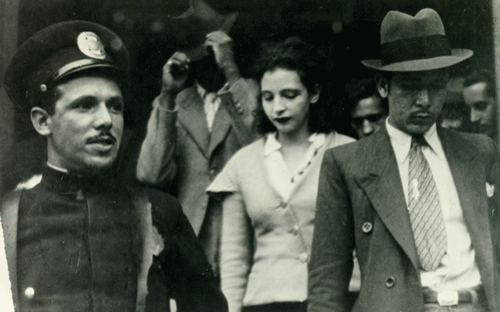
This novel is considered to be the first Brazilian proletarian novel. She also wrote detective stories under the pseudonym "King of Shelters". At the age of 24, she was arrested in Paris because she used false documents. Then she married and gave birth.

At the time, she opposed Brazilian dictator Jetuli Vargas.Which is why she was tortured and spent some time in prison. After leaving, she married a second time, gave birth to another child and traveled to China. With her second husband Gerald, she wrote a new novel "Famous Magazine" again under the pseudonym Mara Lobo. Also, they wrote together for the same newspaper. In the same year, 1945, Vargas was overthrown.
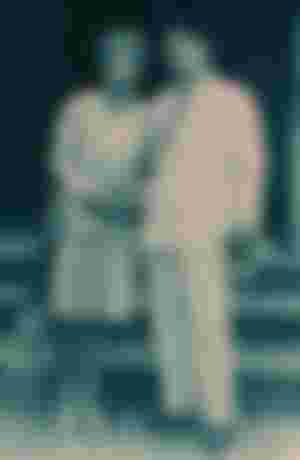
However, it did not take long in 1950 to run again. She decides to deal with the dictator again, but this time in the elections. However, she failed to run and he won again. After that, she returned to the cultural uplift of Brazil, organized numerous amateur performances, was the first to translate numerous world works into Portuguese (Between the Stages of James Joyce and Eugene Ionesco), supported various artists, and was a muse to many.
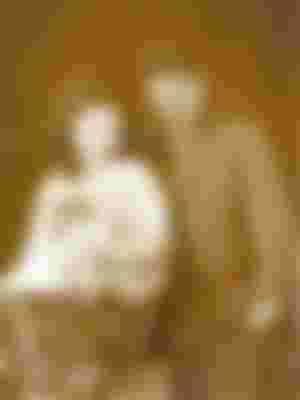
In 1952 she attended the School of Dramatic Art in São Paulo, taking their shows to Santos. Linked to the avant-garde theater, they presented her translation of Ionesco's The Bald Singer.

She translated and directed Fando et Lis by Fernando Arrabal, an amateur montage in which the young artist Plínio Marcos debuted. She also translated poems by authors such as Guillaume Apollinaire. Known as a major cultural influence in Santos, Pagu encouraged young talents such as actor and playwright Plinio Marcos and composer Gilberto Mendes. She devoted herself particularly to the stage, especially in encouraging amateur groups.

While still working as an art critic, she was stricken with cancer. She traveled to Paris to undergo surgery, but without positive results. Disappointed and desperately ill, Pagu attempted suicide, but did not succeed. Of this episode, she wrote the pamphlet "Truth and Freedom": "A bullet got behind, between gauze pads and shattered memories.
" She returned to Brazil and died on December 12, 1962, due to the disease.She died in Brazil, after unsuccessful treatment of the disease in Paris, in 1962. at the age of 52. Her last work was called "Truth and Freedom". A film about her life "Eternal Pag" was also made.






Hello dear i need some help from you can you please contact with me in Facebook please😢😢